Vegetables often get a bad rep, but the truth is, they can be quite delicious and can make for an amazing meal. The secret to making your vegetables taste better is to learn how to properly prepare them, and that goes for everything from selecting the right pieces of produce at the store to cooking them or putting them together in the kitchen. And don’t think of this as a daunting task—it’s usually as simple as making as a few small changes to what you’re already doing.
For example, steaming and boiling veggies might be an easy go-to option, but these cooking methods can often leave fresh produce tasteless, mushy, and boring. Trying a new preparation method and adding a variety of different seasonings can make a world of difference for any kind of vegetable, whether it’s something hearty like a root vegetable or something more light. You want your produce to be tasty, flavorful, and crisp all the time, whether they’re the main entree or just a side dish. The following tips will make you look at veggies in a completely different way—and they may even get your kids to do the same.
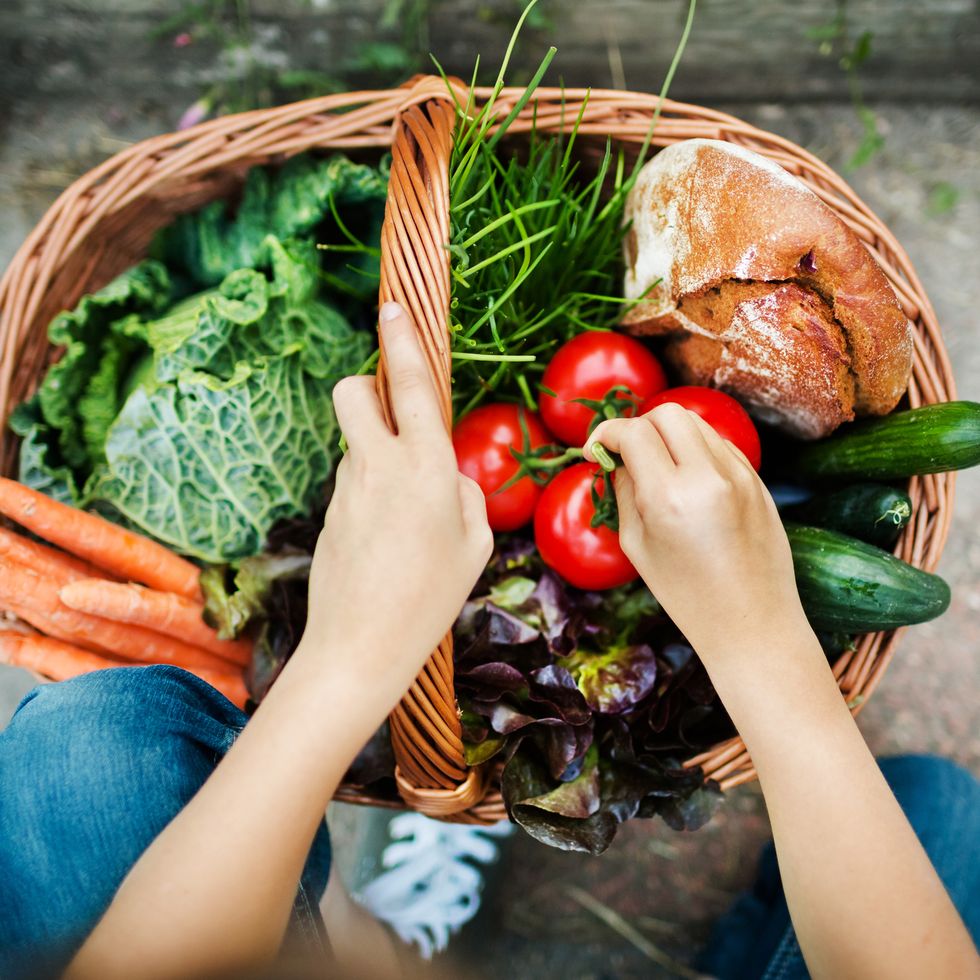
Hinterhaus Productions//Getty Images1
Buy seasonally
The most important thing to do is buy the right veggies, and that means buying whatever fresh produce is in season. Vegetables that are in season taste better all around, are more nutritious, and have more flavor. They are also typically larger, so you get more for your money. And, as a bonus, in-season produce is usually cheaper. If you’re not sure what’s in season, just Google it—for example, late summer is a great time for sweet corn, peppers, and okra.
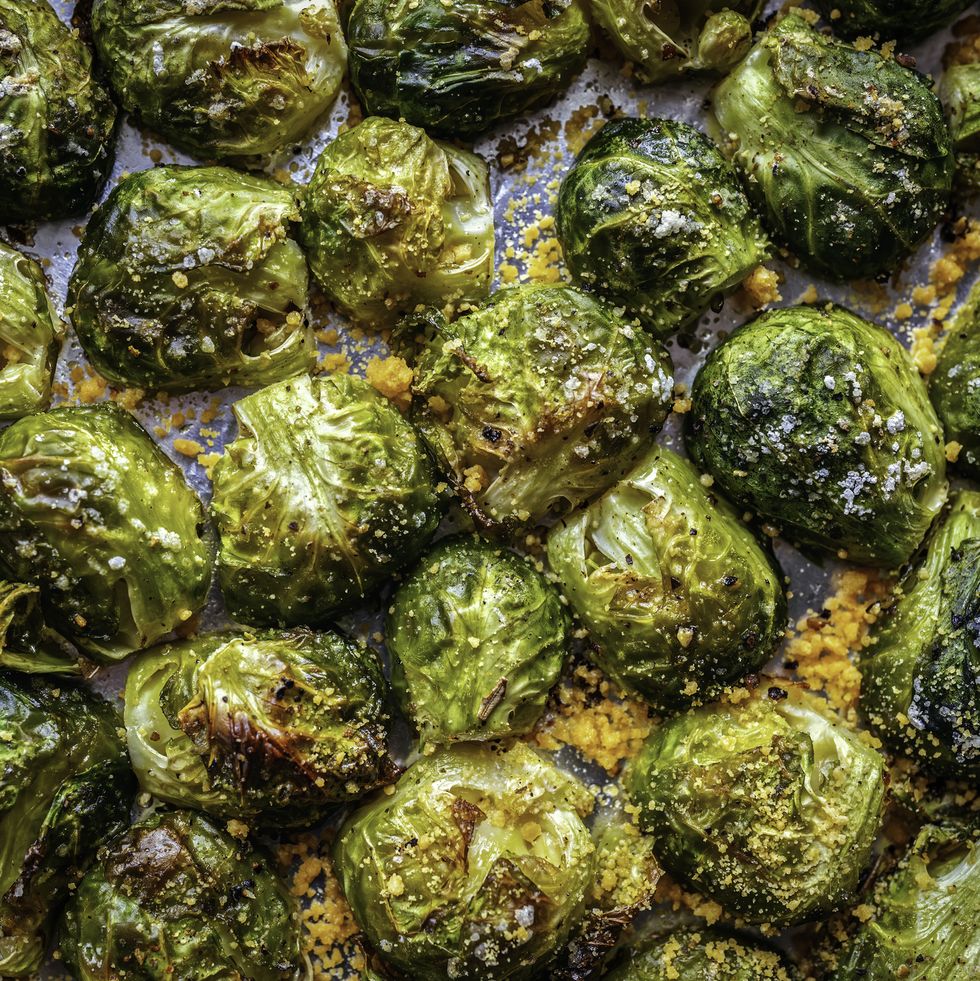
VO IMAGES//Getty Images2
Roast, air fry, grill, or sauté them
Forget steaming and boiling veggies—there are so many better cooking methods out there. Roasting veggies is incredibly easy (just throw them on a sheet pan, add some seasonings, and let them cook), and makes them browned, flavorful, and perfectly crispy. The air fryer is a fast way to “fry” your veggies to keep them healthy but crispy.
The grill gives your vegetables a nice smokey flavor and keeps them juicy. Sautéing is easy and quick, and ideal if you don’t want them to be crisp at all.

istetiana//Getty Images3
Top with fresh herbs
Fresh herbs pack a punch and can add a burst of flavor to any kind of food, including vegetables. Cilantro, basil, dill, and mint feel fresh and bright with raw or cooked veggies, and you can cut those and sprinkle them over your produce when you’re ready to eat. Parsley, thyme, rosemary, sage, basil, and oregano are all best when cooked with your produce.
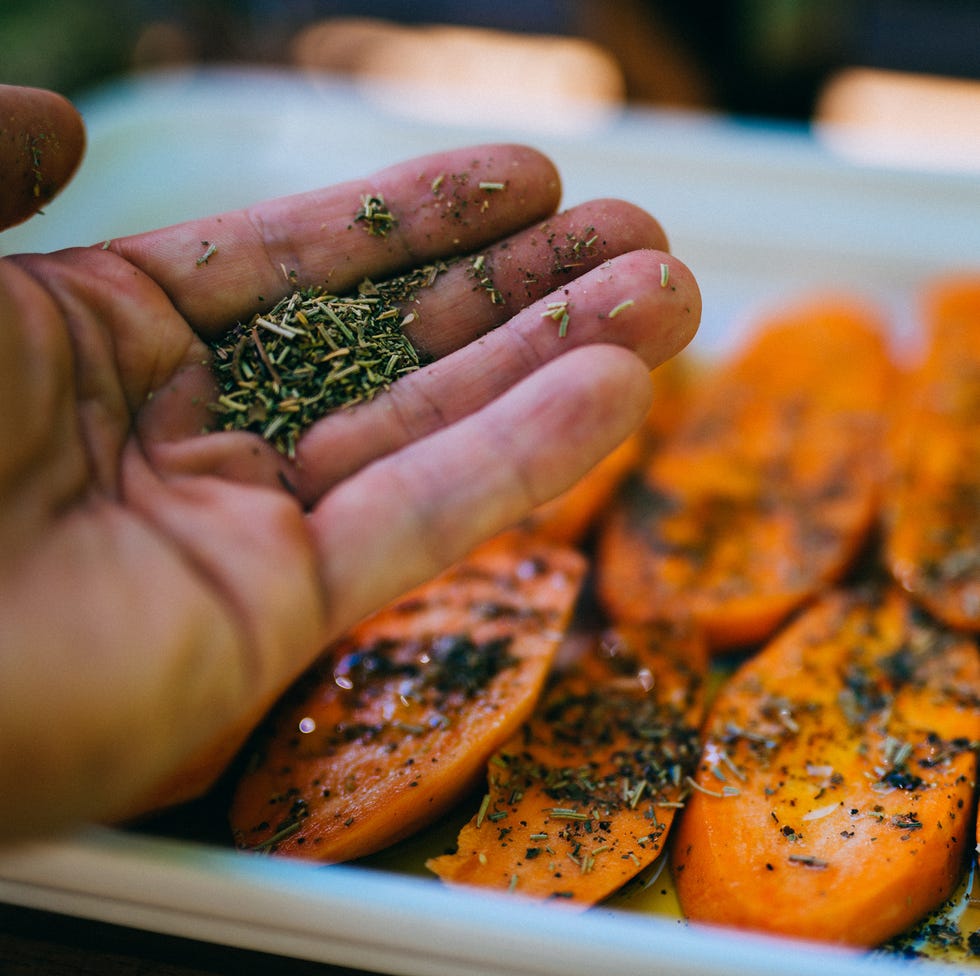
Guido Mieth//Getty Images4
Don’t be shy about spices and seasonings
Even super fresh produce can benefit from a hearty dash of spices and seasonings. Salt and pepper are absolute musts no matter what you’re making or how you’re preparing it, but for an added boost of flavor, try any kind of spice. Dried herbs are always easy to use and mix up, or you can add warming spices like cumin, ginger, allspice, and coriander for a smokier flavor. Add spice with crushed red pepper or cayenne pepper, and make things even more interesting with a seasoning blend, like Cajun, Italian, or herbs de Provence.
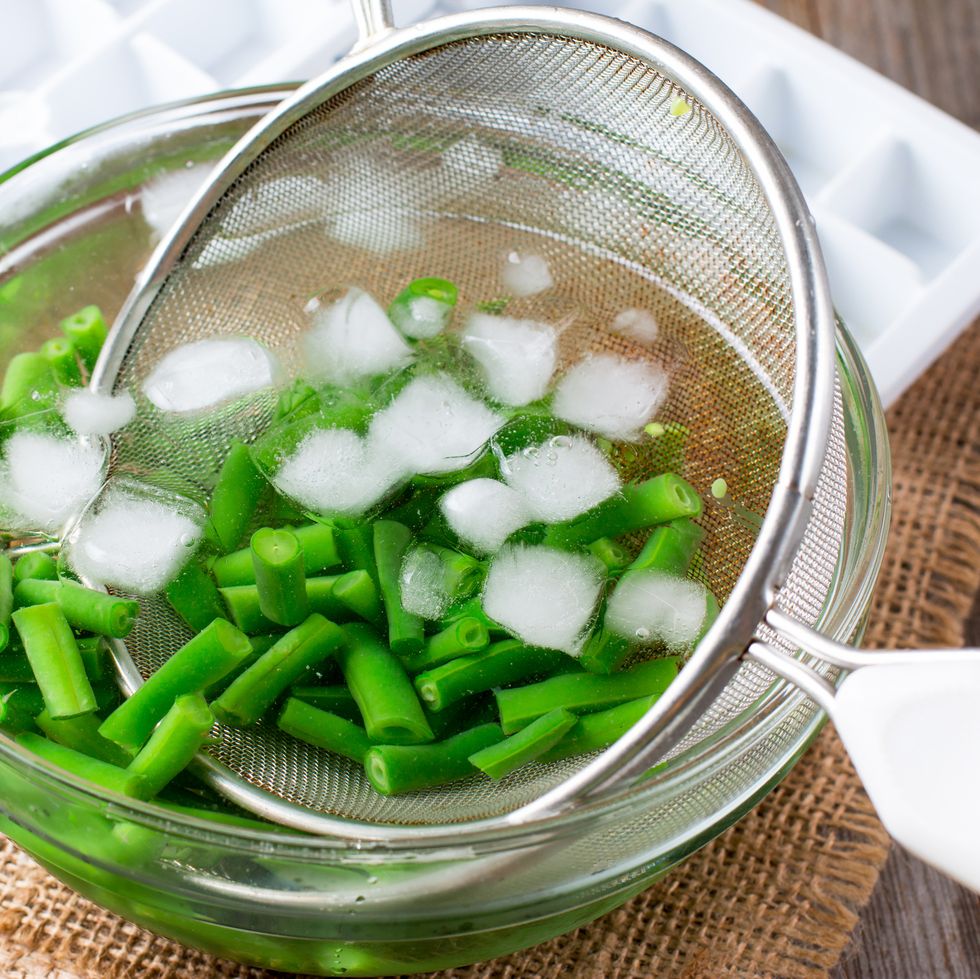
Qwart//Getty Images5
Blanch your veggies
Blanching is really easy—you put your vegetables into boiling water for just a few minutes (think 2-3), then submerge them in ice cold water to stop the cooking process. Blanching gets rid of bitterness, keeps veggies from getting soggy, and preserves their color and texture. It’s an excellent way to keep your vegetables from getting too mushy if you’re going to roast or sauté them, but it’s also a great way to keep them crisp and less bitter if you’re eating them raw.
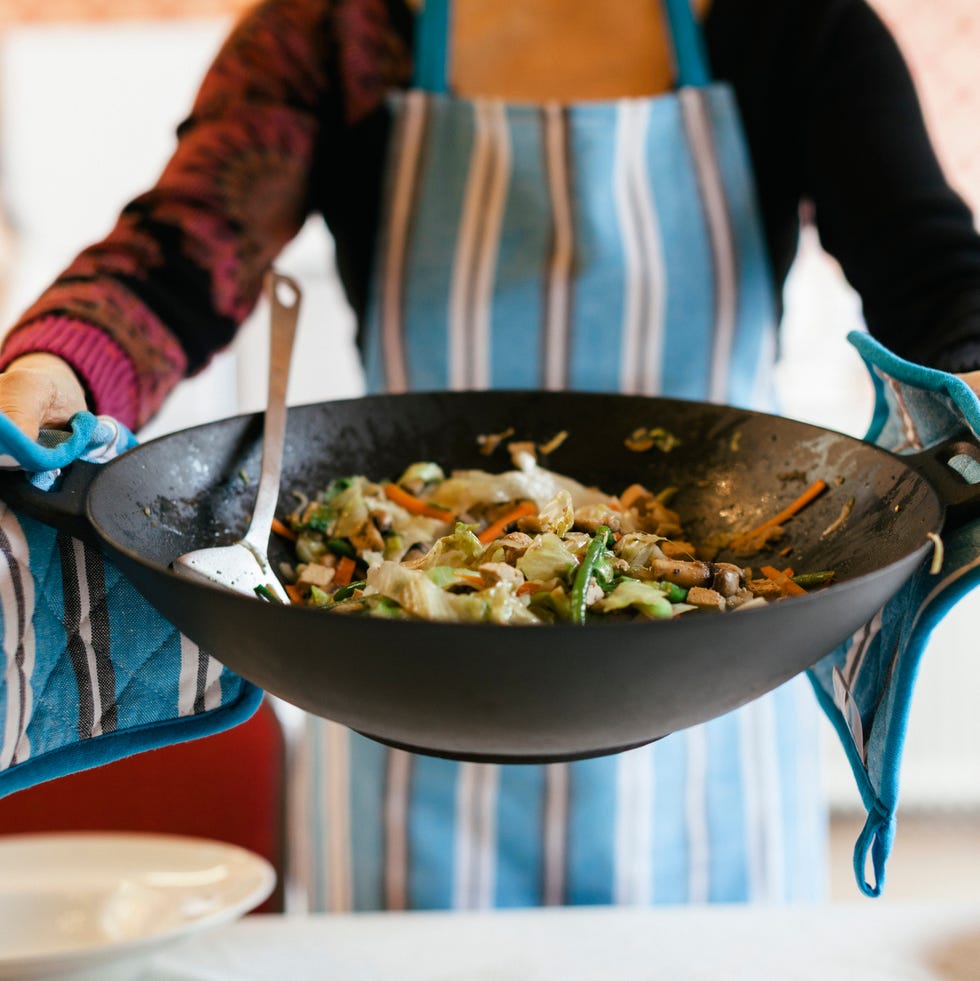
Hinterhaus Productions//Getty Images6
Don’t overcook them
When you overcook your fresh produce, it becomes mushy, stringy, and really soggy. Doesn’t sound too appetizing, does it? Keep an eye on your veggies while cooking them and check them often. You want them to be soft enough to eat, but never mushy. When roasting or air frying, you want to get the right amount of crispy burnt edges without completely drying out your veggies.
Remember that root vegetables like parsnips, carrots, yams, and beets will take longer to cook than more watery vegetables like asparagus, zucchini, spinach, or broccoli.
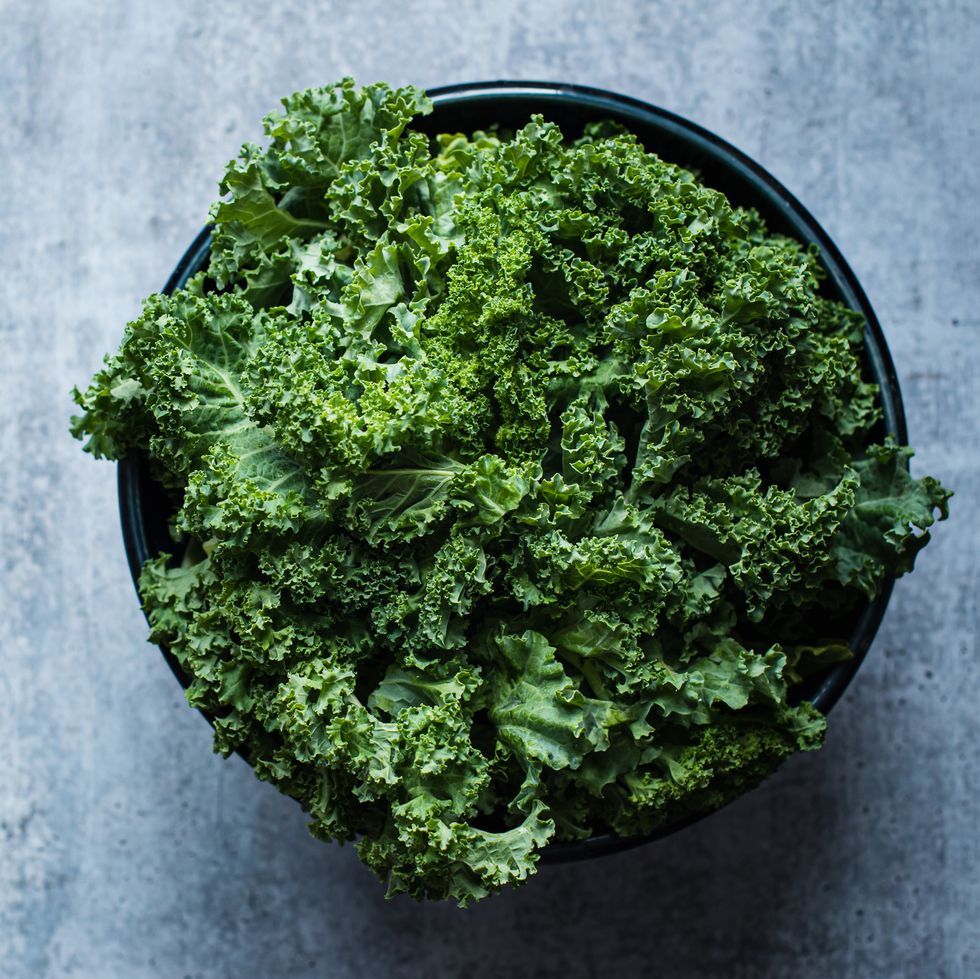
Cavan Images//Getty Images7
Massage vegetables like kale
Making hearty greens a part of your daily diet? These greens, such as kale, cabbage, or Swiss chard, can have a bitter taste to them, especially if eaten raw. To prevent this, massage them with a little salt, oil, or dressing. Massaging kale breaks down the tough cell structure and makes it softer, less bitter, and easier to digest. Just drizzle it with some oil or dressing and a little salt, then use your hands to literally massage it into the leaves. You’ll feel them break down and become softer as you go.
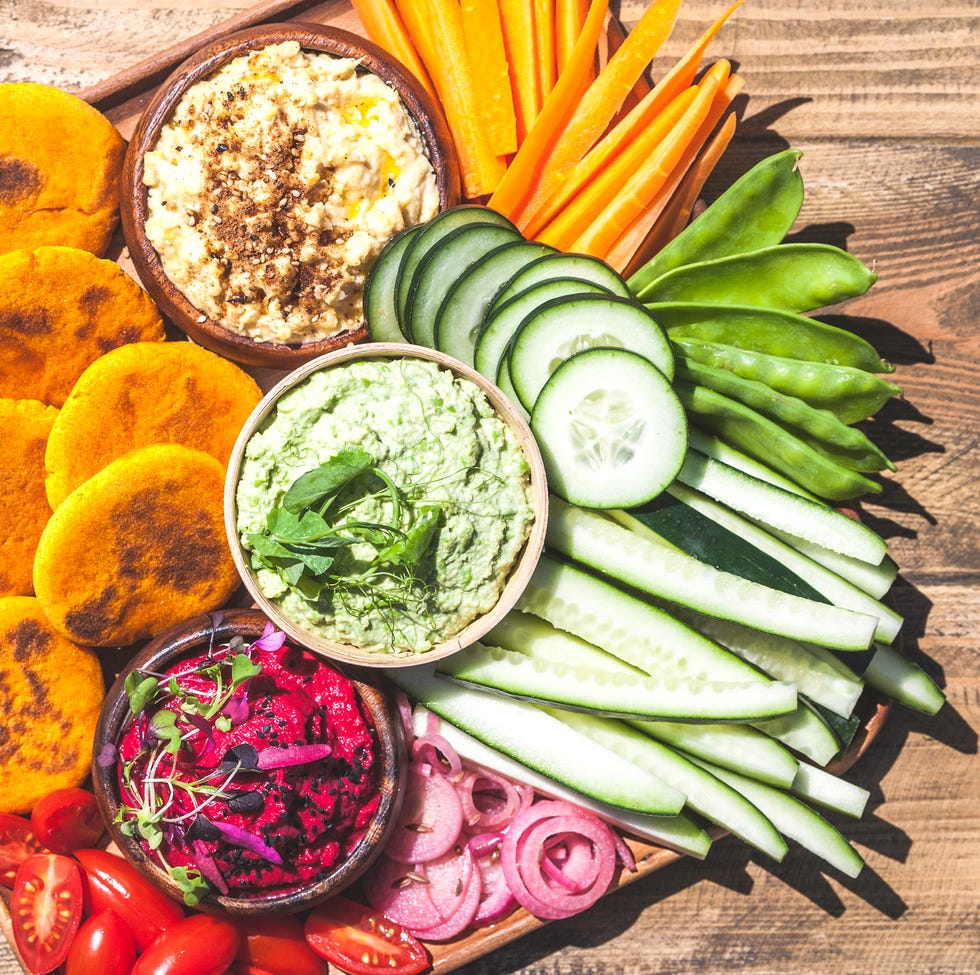
Enrique Díaz / 7cero//Getty Images8
Serve them with a dip
Have fun with your dip options instead of just serving up a side of ranch dressing (although, if you love that, go for it!). Raw or blanched veggies taste great with dips like hummus, guacamole, tahini, or tzatziki. But don’t limit your dips to raw veggies: any of these (and so much more) can be drizzled over roasted or grilled vegetables as well.
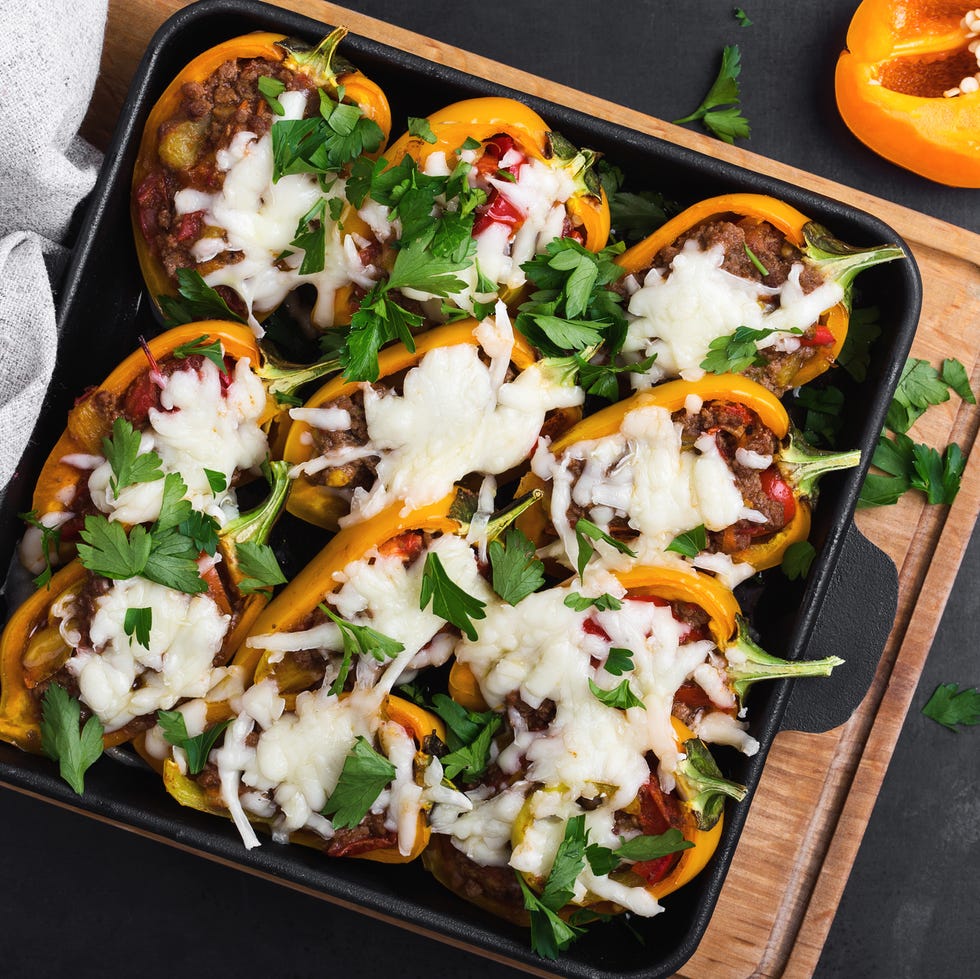
istetiana//Getty Images9
Stuff them
Make your vegetables the star of a dish by stuffing them with something delicious. Stuffed peppers are a popular option, but you can also hollow out and stuff eggplants, zucchinis, mushrooms, squash, potatoes, and artichokes.
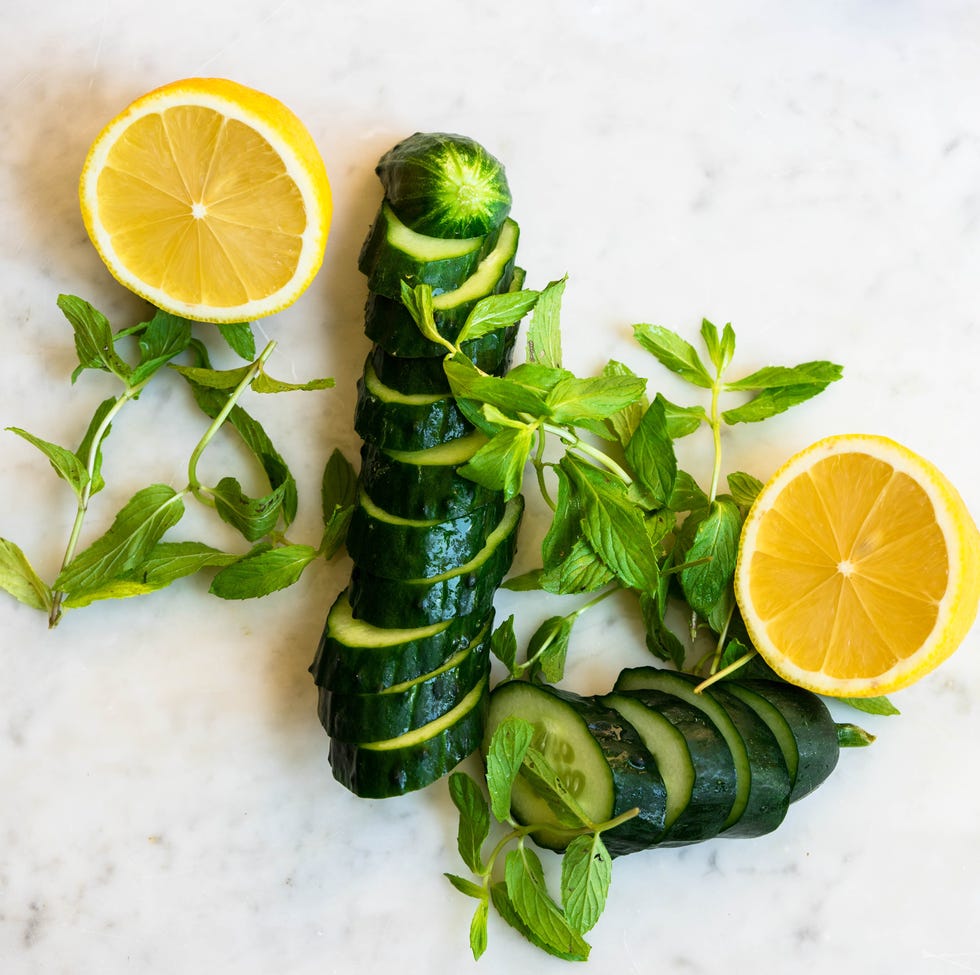
Tina Burdiashvili / EyeEm//Getty Images10
Add a spritz of citrus
A squeeze of a citrus fruit is a great way to balance out any lingering bitterness and really bring out the flavor of a vegetable, especially when they’re roasted. Try spritzing some lemon, lime, or orange juice over your finished vegetables, because this works best when the citrus is uncooked.
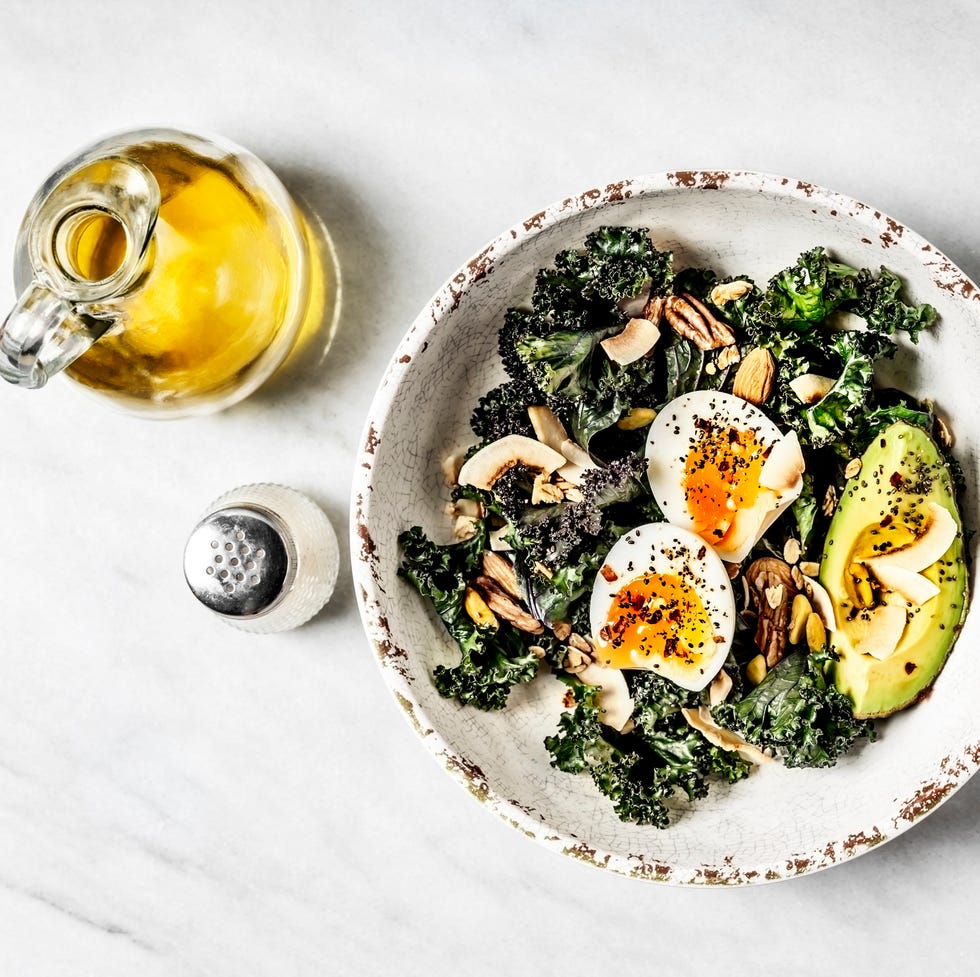
Claudia Totir//Getty Images11
Drizzle with flavored oils
You need a little oil over your produce whether you’re roasting, frying, sautéing, or grilling, but you don’t always need to reach for the olive oil (although it’s a classically great choice). Flavored oils are an excellent way to add a ton of flavor in one little pour. Try oils infused with lemon, garlic, or basil to make things super tasty.

Ann_Zhuravleva//Getty Images12
When in doubt, add cheese
Is there anything cheese can’t fix? If you’re really struggling with the taste of veggies, sprinkle some cheese over them and let it get nice and melty for ooey gooey deliciousness. Cheese goes great with any vegetable, but especially broccoli, cauliflower, potatoes, asparagus, or zucchini.

Sarsmis//Getty Images13
Add a sweet glaze
Earthy vegetables like Brussels sprouts, parsnips, and turnips tend to have a bitter taste to them that can linger, even after roasting for a while. A sweet glaze is the perfect way to balance that out. Try drizzling cooked Brussels or root vegetables with a balsamic glaze, maple syrup, or honey to add a touch of sweetness that will change your whole dish for the better.

Westend61//Getty Images14
Buy baby vegetables
Vegetables tend to get more bitter the more they grow and the bigger they get, so if you’re not into that, you may want to opt for baby versions. Baby carrots, eggplants, artichokes, and Brussels sprouts are just a few examples.
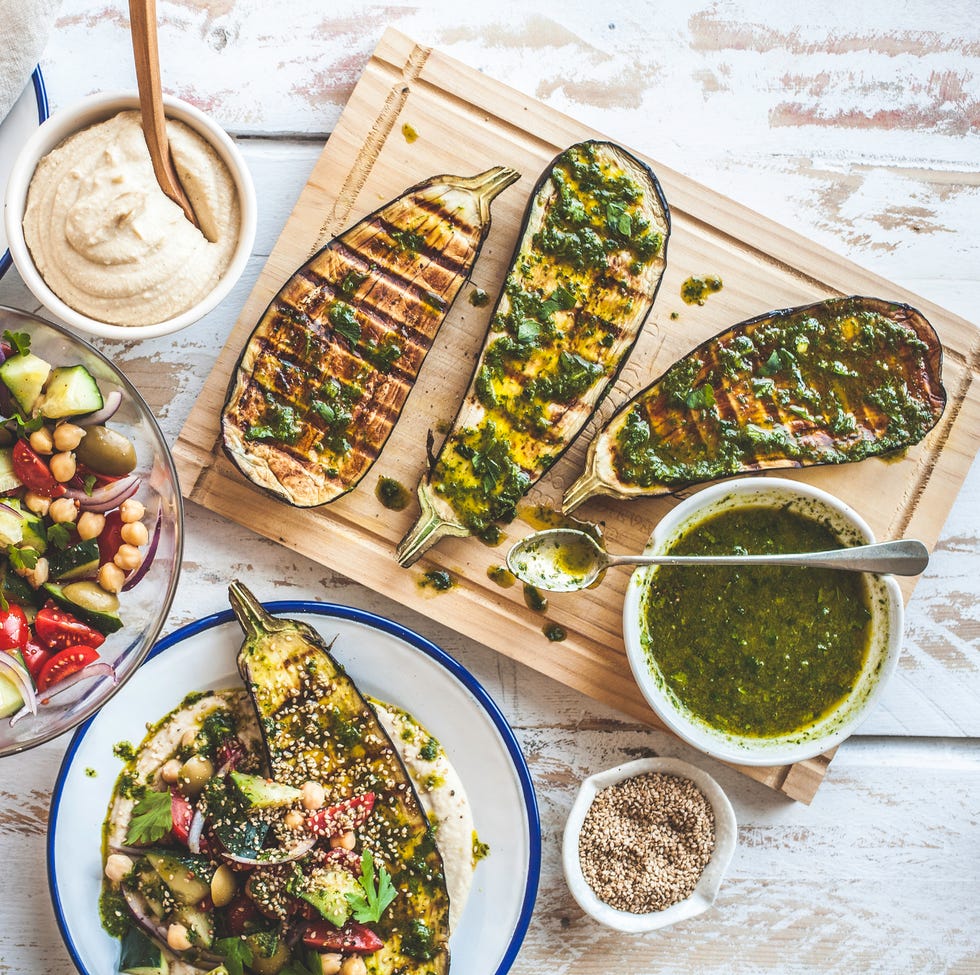
Enrique Díaz / 7cero//Getty Images15
Get creative with your recipes
Don’t just roast or sauté some vegetables, add some salt and pepper, and call it a day. Try new recipes, mix things up, and get creative in the kitchen. Vegetables can easily be the star of any meal instead of just a side dish people forget about. There are plenty of vegetarian and vegan recipes out there that are unique and interesting, and they’re easy to find with a little online search.
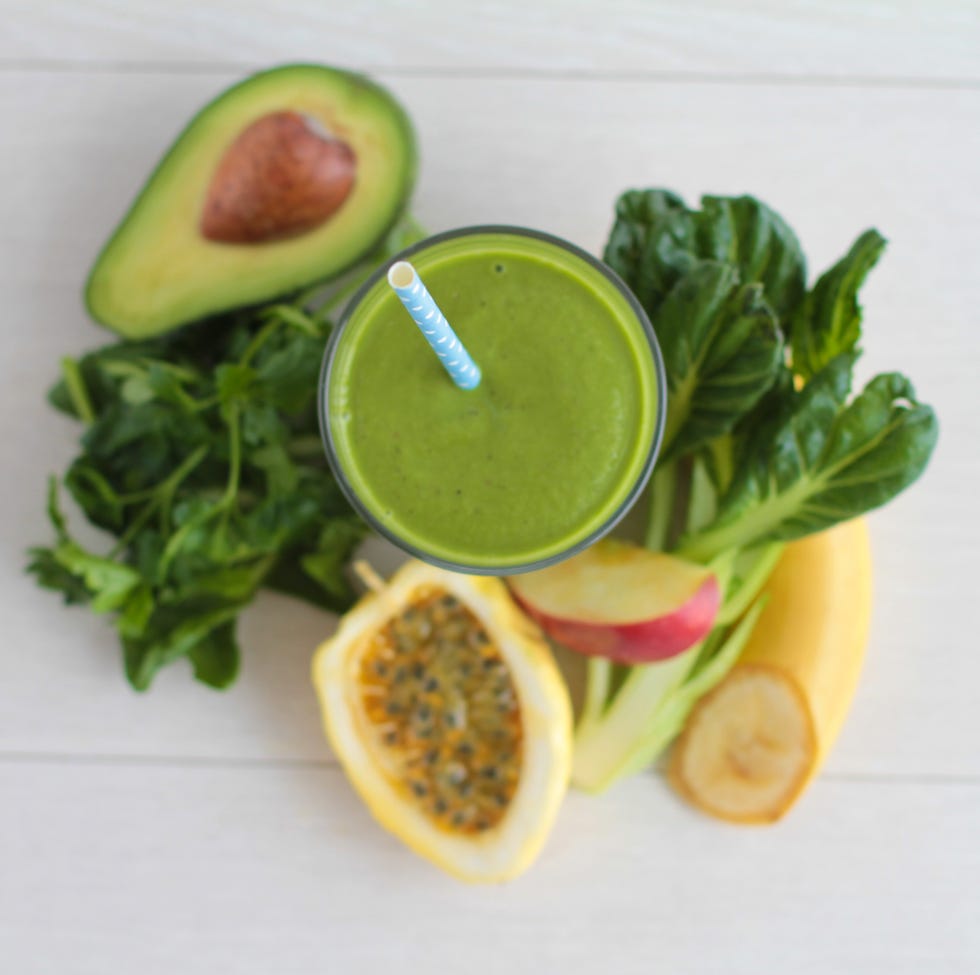
MelindaSiklosi//Getty Images16
Blend veggies into a smoothie
If you’re really trying to mask the taste of greens, but want the benefits of them, then try throwing them into a sweet smoothie or green juice. When something like spinach or kale is blended with a variety of fruits and a nut milk, you can’t even taste that it’s in there. This is a great way to get your vegetables in while consuming something delicious.
